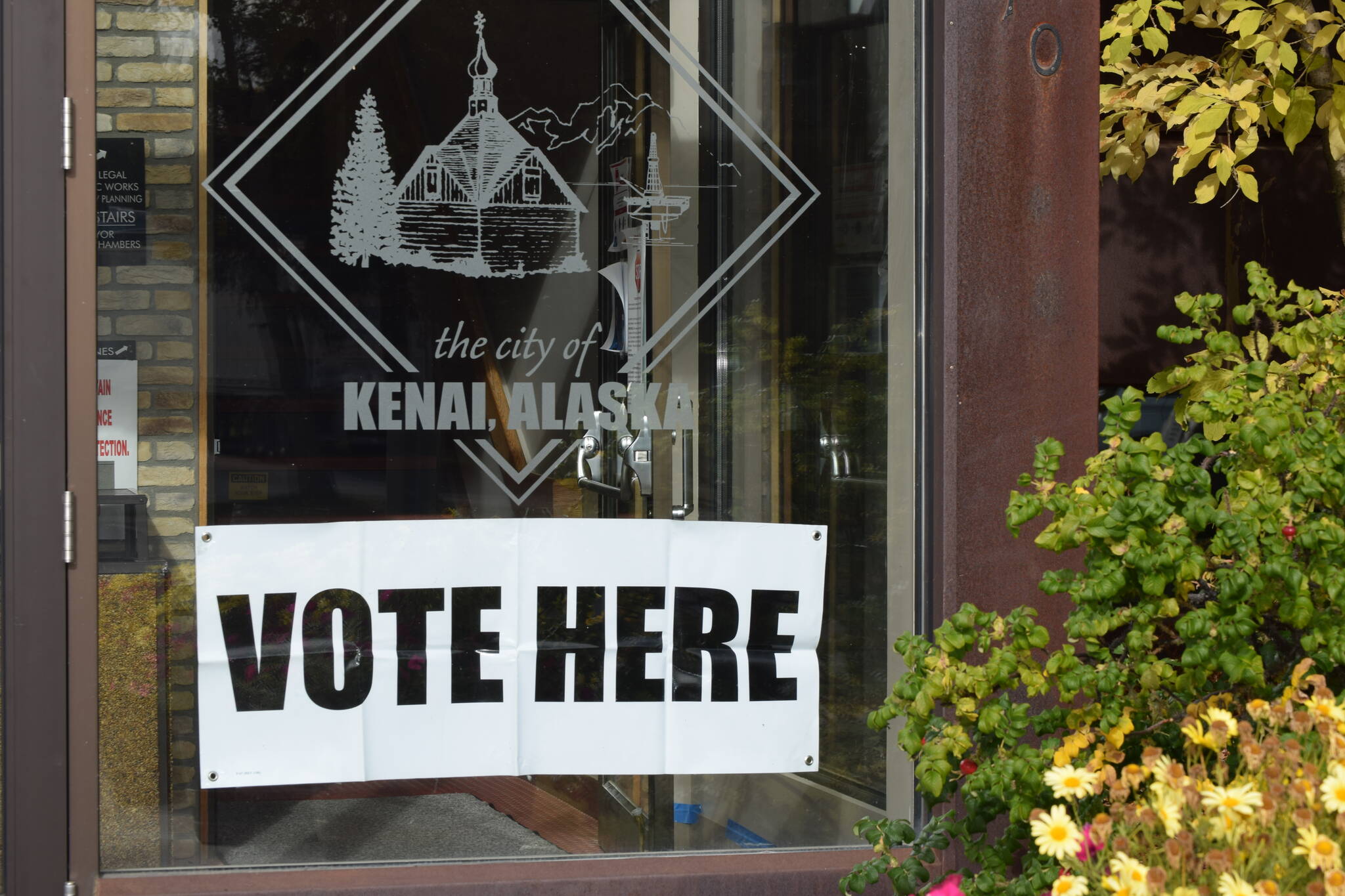By Beverly Churchill and Veri di Suvero
What are Alaskan voters to make of the recent Advisory Opinion that was issued by Thomas R. Lucas, Campaign Disclosure Coordinator for the Alaska Public Offices Commission? That advisory opinion was issued in response to a request to APOC for guidance regarding what limits, if any, still exist on a person’s ability to make campaign donations in Alaska. Uncertainty regarding this issue was created by the recent Ninth Circuit Court of Appeals decision in the Thompson v. Hebdon case, where a two-judge majority of a three-judge panel struck down as unconstitutional three provisions of the Alaska Statutes that placed caps on donations to the campaigns of candidates for political office. Alaska’s attorney general chose not to protest the removal of all individual spending limits.
These caps on campaign donations are strongly supported by the people of Alaska. These limits were enacted into law by a direct vote of the people, through a 2006 initiative. 73% of voters voted for the initiative. The Alaska Public Research Group (AKPIRG) helped to run that successful ballot initiative. Polling since then has consistently shown that large majorities of Alaskans continue to support strict limits.
And it’s not hard to see why these limits are so important. Without campaign spending limits, the ideal of one person, one vote is no longer really true — instead, whoever has the most money has the most influence. This increases the power imbalance, discouraging decision-making in the best interests of all Alaskans in exchange for a hyper-inside baseball cronyism that benefits only the wealthiest. We should not create further incentives toward corruption.
Unsurprisingly, some entrenched politicians have worked to weaken these campaign donation limits. The 2006 initiative was only necessary because the Alaska Legislature had voted to loosen the caps on donations in 2003. It was an amazing display of political determination and organizing that allowed the people to restore the previously existing stricter caps within just three years after the Legislature had weakened them. Politicians who rely upon large donations from small numbers of donors are often likely to undermine the desire of the people for strong limits.
So now, in his advisory opinion, APOC’s Campaign Disclosure Coordinator seeks to restore the much weaker campaign contribution limits that had been enacted by the Alaska Legislature in 2003, and that had been overwhelmingly rejected by the people of Alaska. On one hand, it is important that APOC establish a spending cap. However, we do not think these proposed limits are the ones that will serve Alaska best. This advisory opinion is not an official decision of APOC acting as a commission, and these issues will need to be sorted out by the commission, and by the Alaska Legislature.
We are writing on behalf of organizations that support clean and fair elections. We believe that the will of the Alaska people regarding campaign donation limits should be restored to the greatest extent possible, and that this can be done by simply taking the campaign limits that were in the 2006 initiative, and then indexing those limits to the rate of inflation. Using the Alaska Urban Consumer Price Index, for example, a contribution limit that was $500 in 2006 would be a limit of $619 as of the first half of 2021. While no one can be one hundred percent certain what the courts will do in the future, we believe that this approach would do the most to preserve the limits that were established by the Alaska voters, while still having an excellent chance of surviving constitutional review.
The Commission members of APOC will have their next regular meeting on Jan. 26, 2022, although Commission Chair Anne Helzer said the commission will likely hold a special meeting before then to decide whether to approve the new proposal. The Alaska Legislature will be meeting in its next regular session starting on Jan. 18, 2022. Both bodies will have the opportunity to address these issues, and to try to restore the protections of the 2006 initiative to the greatest extent possible.
The people of Alaska have the opportunity to communicate with both bodies, and to support the restoration of our strong campaign donation limits. If they fail to act, it will be up to us to once again make use of the initiative process to restore fair and reasonable limits on campaign donations in Alaska.
Veri di Suvero is the executive director of the Alaska Public Interest Research Group (AKPIRG). AKPIRG is a nonpartisan 501(c)3 researching, educating, and advocating on behalf of consumers and the public interest. Beverly Churchill is a fourth-generation Alaskan who has worked in Alaska’s social services for over 30 years and is a founding member of Alaska Move to Amend.

